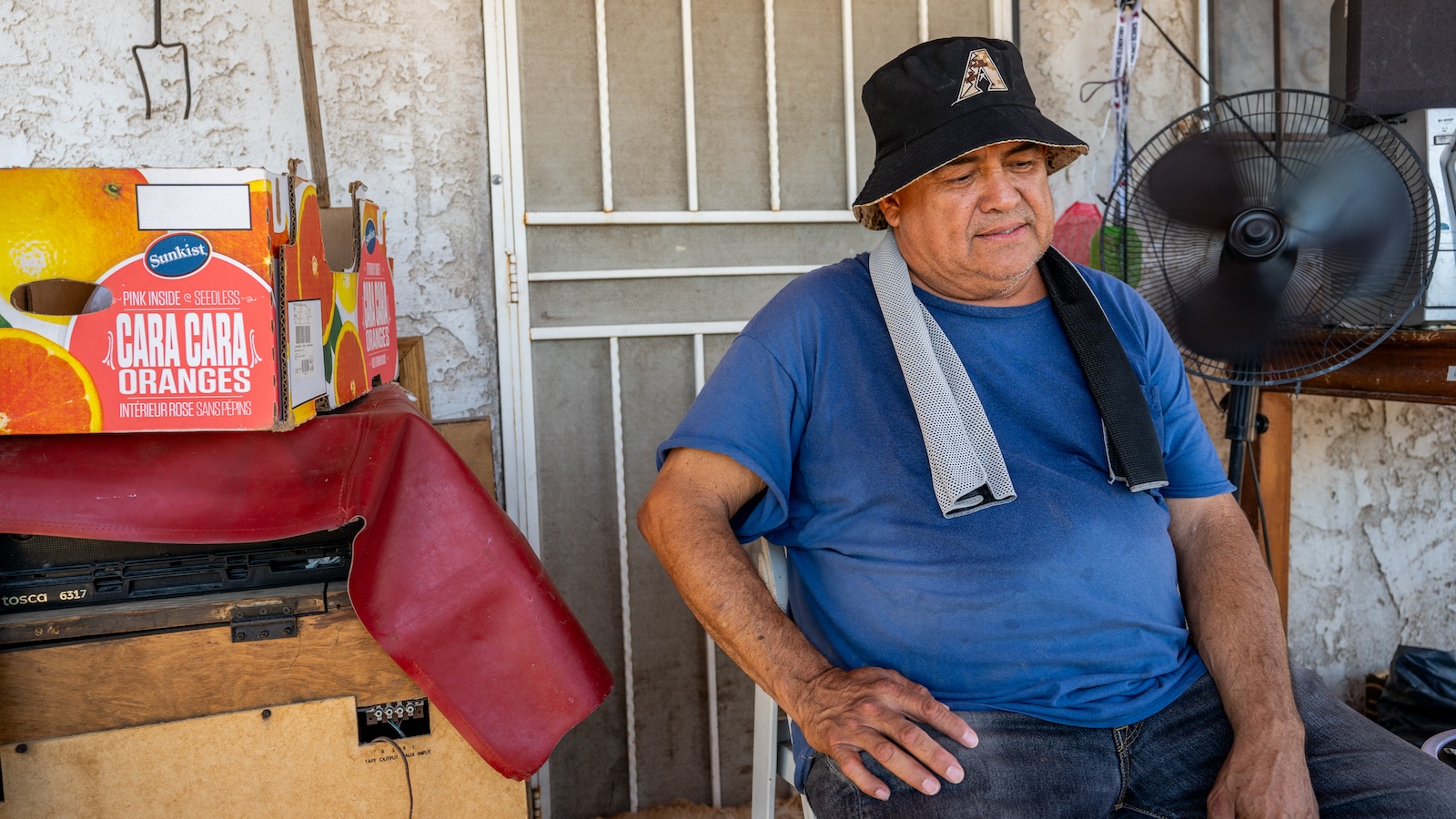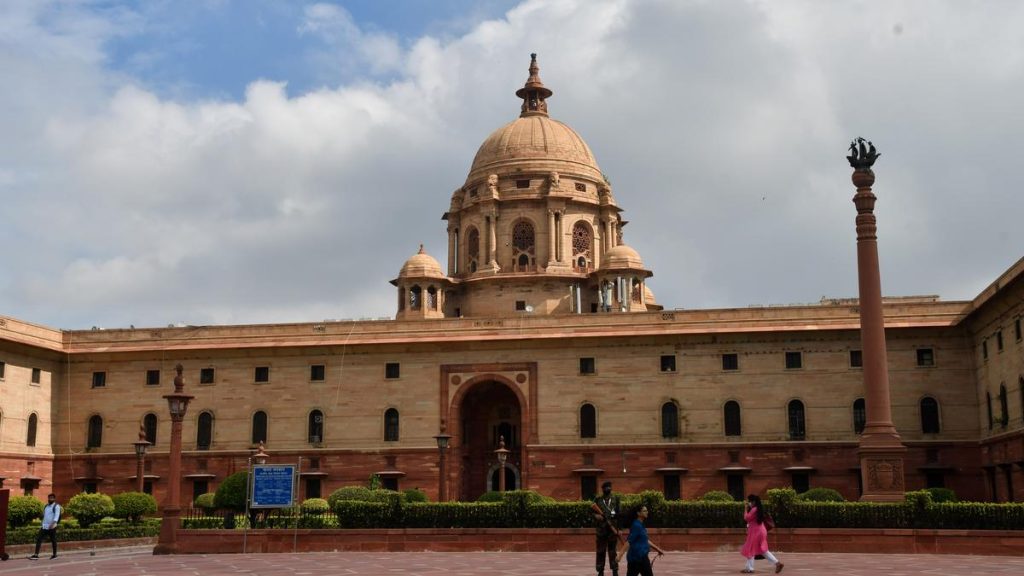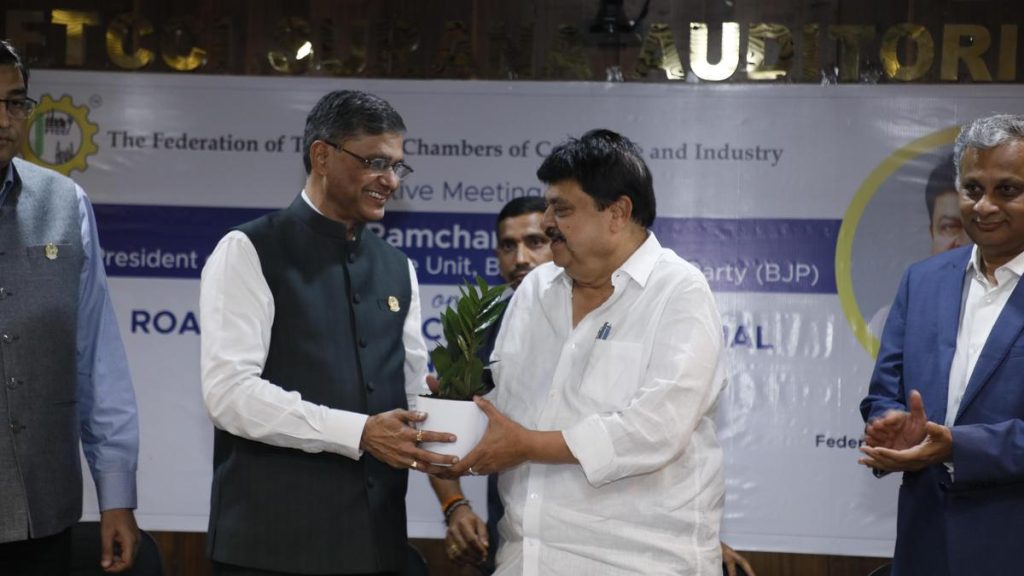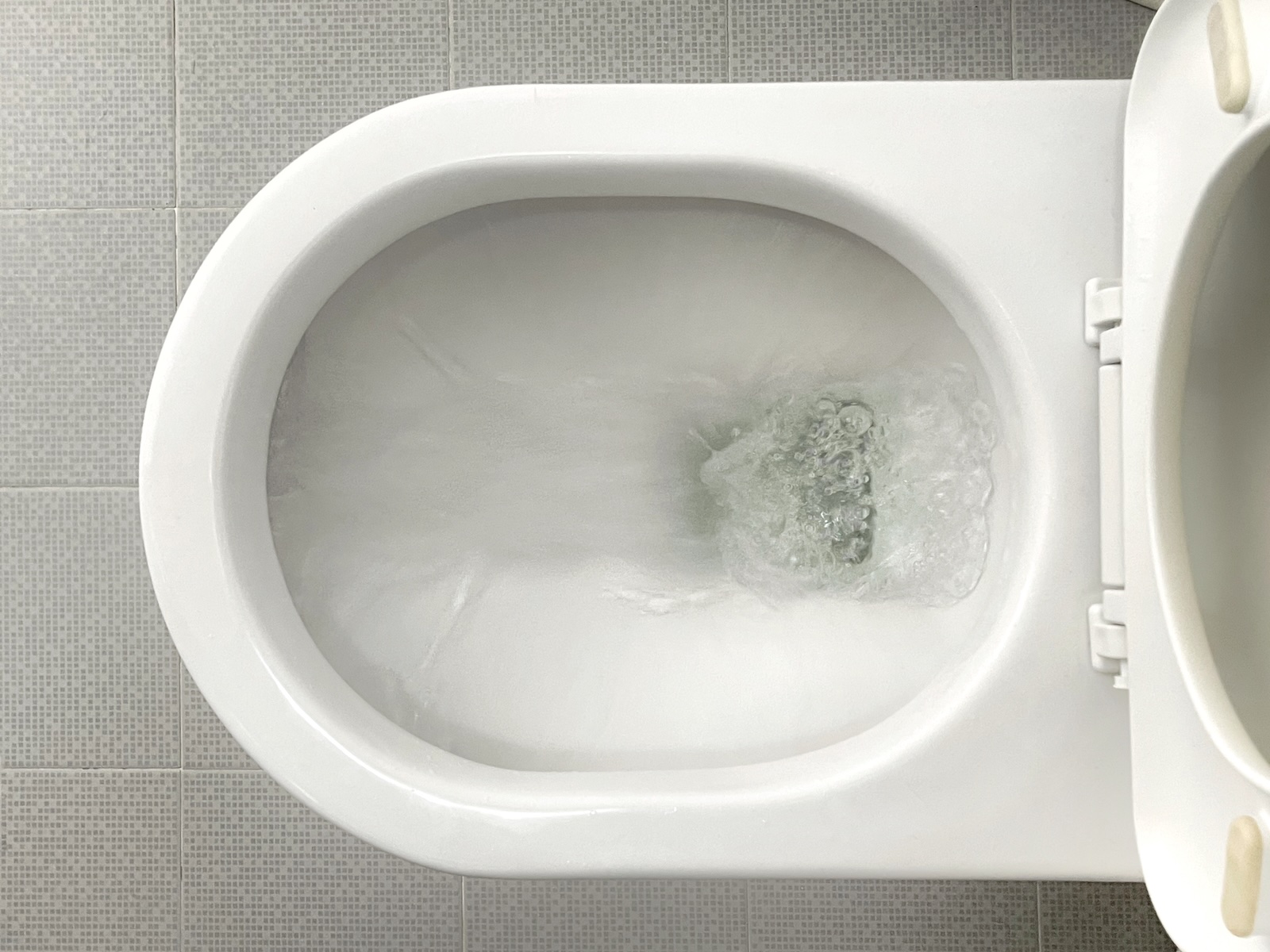Now Reading: Trump’s AC Funding Stance Raises Concerns Ahead of Scorching Summer
-
01
Trump’s AC Funding Stance Raises Concerns Ahead of Scorching Summer
Trump’s AC Funding Stance Raises Concerns Ahead of Scorching Summer

Fast Summary
- 2021 Heat Wave: The Pacific Northwest experienced a record-breaking heatwave in the summer of 2021, with temperatures causing 125 deaths in Washington alone.
- Expansion of LIHEAP Program: In response to the heat wave, Washington expanded its Low Income Home Energy Assistance Program (LIHEAP) beyond heating assistance to include cooling support for low-income households. Other states like Arizona, Texas, and Oregon followed suit.
- Budget Allocation: Congress appropriated $4.1 billion for LIHEAP last year; HHS distributed 90% of these funds. However, $378 million remains unallocated due to recent layoffs at HHS.
- HHS Layoffs Impact: Earlier this month, HHS laid off approximately 10,000 staff members-including those running LIHEAP-leaving program governance stalled.
- Program significance: LIHEAP supports about 6 million individuals annually but only reaches roughly one-fifth of eligible low-income households due to funding limitations. At least a quarter of grant recipients exhaust their funding during the year.
- Urgency and challenges Ahead: Stakeholders warn that without efficient administration or replacement strategies (like reinstating staff or delegating tasks), many vulnerable people face life-threatening risks amid rising temperatures.
image Below:
!Extreme Heat Protection
Indian Opinion Analysis
The unfolding crisis surrounding the LIHEAP program in the United States highlights broader challenges faced by governments worldwide regarding climate adaptation policies. For India-a country grappling with unpredictable weather events and extreme heat episodes-this situation underscores two critical factors: proactive infrastructure planning and equitable resource distribution.
india’s large population segments already endure severe heat-related stress paired with uneven access to cooling systems like air conditioning or subsidies for energy use. While India’s welfare schemes such as PMUY (Pradhan Mantri Ujjwala Yojana) aim at helping underserved communities access resources like cooking gas efficiently-efforts similar to an Indian equivalent of LIHEAT also warrant continual monitoring innovations/document rollback-flex-post-preasure timing

























